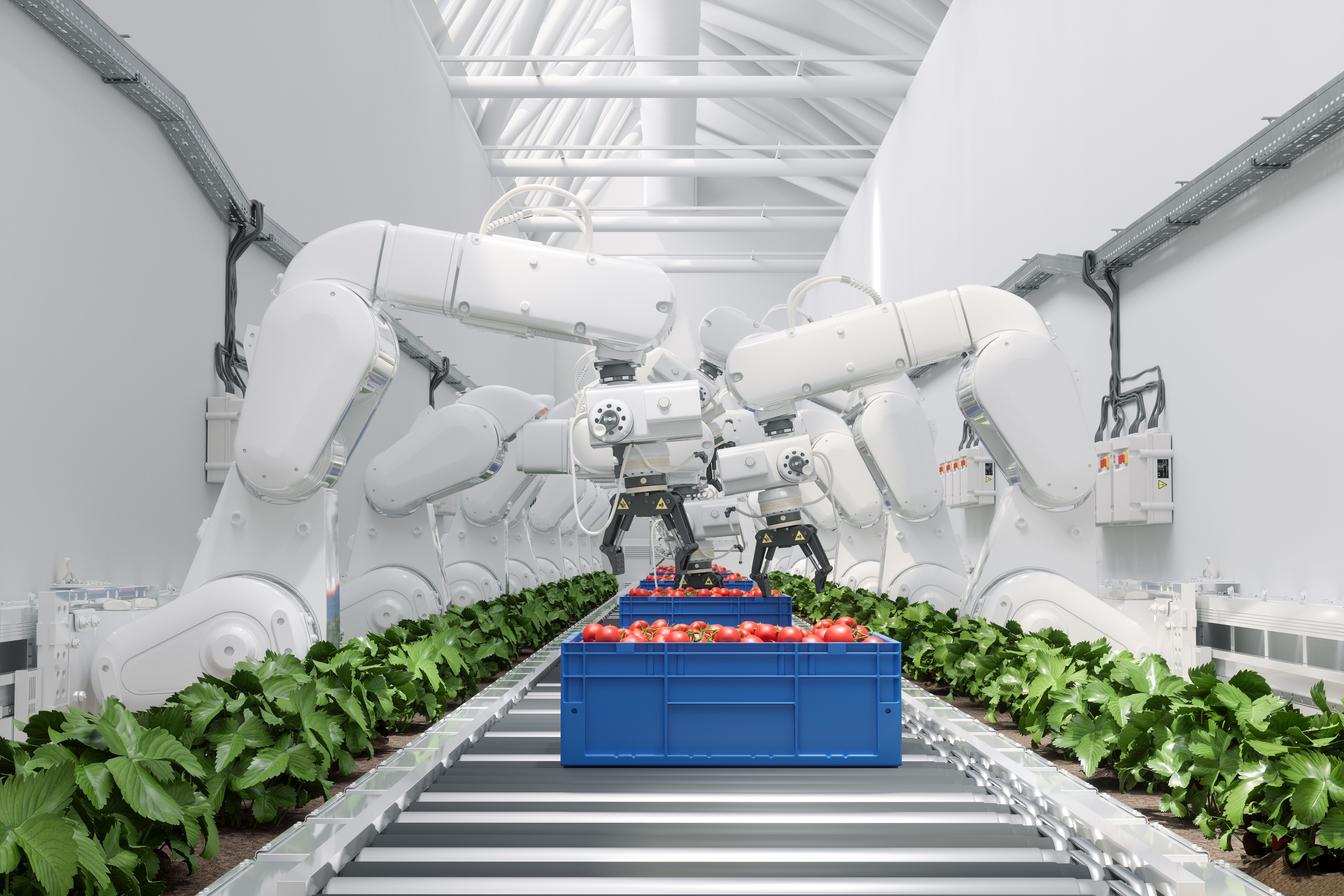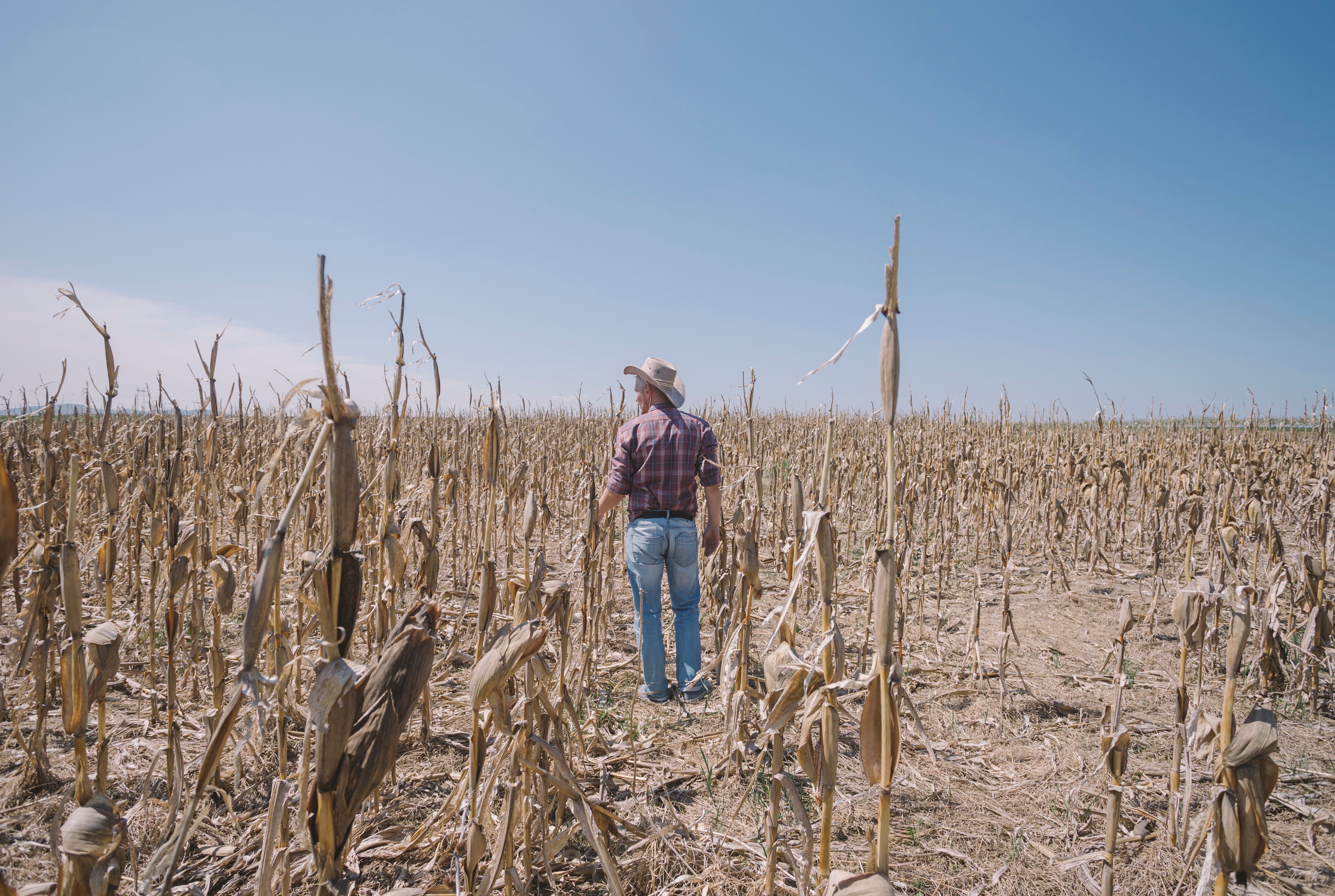The Future of Agriculture in Eastern Europe: A Competitive Edge?
The Technological Transformation of Agriculture
As Eastern Europe continues to evolve, the agricultural sector is undergoing a significant transformation, driven by technological advancements. The integration of cutting-edge technology is not just enhancing productivity but also ensuring sustainability. With the help of precision agriculture, farmers are now able to monitor crops and soil conditions in real-time, optimizing resource use and minimizing waste.
Technological innovations such as drones, sensors, and satellite imagery are playing a crucial role in this transformation. These tools offer farmers detailed insights into crop health and soil moisture levels, allowing for more informed decision-making. As a result, Eastern European countries are poised to gain a competitive edge in the global agricultural market.

Embracing Sustainable Practices
The future of agriculture in Eastern Europe is also shaped by a growing commitment to sustainability. Governments and agricultural organizations are increasingly advocating for eco-friendly practices that reduce environmental impact. By adopting sustainable farming methods, such as crop rotation and organic farming, the region can ensure long-term soil health and biodiversity.
Moreover, the utilization of renewable energy sources like solar and wind power is becoming more prevalent in agriculture. These sustainable energy solutions help reduce the carbon footprint of farming activities, aligning with global efforts to combat climate change.

Challenges and Opportunities
Despite the promising advancements, Eastern European agriculture faces several challenges. Climate change poses a significant threat, with unpredictable weather patterns affecting crop yields. Additionally, the region must address issues related to aging populations and workforce shortages in rural areas.
However, these challenges also present opportunities for innovation. By investing in education and training programs, Eastern European countries can empower the next generation of farmers with the skills needed to leverage new technologies and sustainable practices effectively.

Strengthening Regional Cooperation
Regional cooperation is essential for fostering innovation and growth in Eastern Europe's agricultural sector. Collaborative efforts can lead to the sharing of best practices, research findings, and resources. Countries can work together to develop joint initiatives aimed at addressing common challenges like climate change and food security.
Moreover, international partnerships with organizations and companies from more developed agricultural markets can facilitate technology transfer and provide valuable insights into sustainable farming techniques.
The Role of Policy and Investment
Government policies and investments play a pivotal role in shaping the future of agriculture in Eastern Europe. By providing financial incentives for sustainable practices and technological adoption, governments can encourage farmers to embrace innovation. Additionally, infrastructure improvements, such as better transportation networks and storage facilities, can enhance market access for agricultural products.
Investment in research and development is equally crucial. By supporting agricultural research institutions, Eastern European countries can drive innovation and develop new crop varieties that are resilient to climate change.

The Road Ahead
The future of agriculture in Eastern Europe holds immense potential. By embracing technology, sustainability, and cooperation, the region can secure a competitive edge on the global stage. The journey ahead will require concerted efforts from governments, farmers, and industry stakeholders alike. With the right strategies in place, Eastern Europe is well-positioned to thrive in an ever-evolving agricultural landscape.
